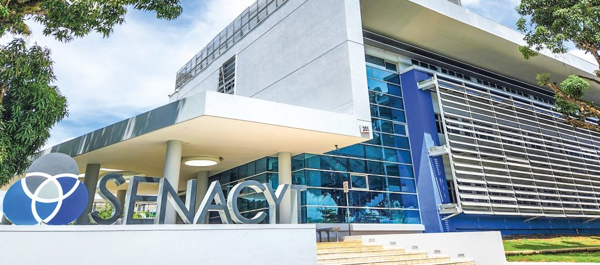
The discussion of the National General Budget for the fiscal year 2025 is crucial for the development of Panama, with tax revenue being the determining factor for the direction and reactivation of the country's economy. According to labor consultant Renée Quevedo, emphasis has been placed on budget formulation, but it is the revenues that will determine the course of what happens.
As of August 2024, the revenue deficit exceeded $779 million, 15% below the 2024 budget and 2.6% less compared to the same period in 2023. Quevedo points out that the revenue outlook for 2025 does not appear favorable, with an economy affected by liquidity deficit and consumption contraction.
The expert highlights the importance of the government paying its debts to suppliers and contractors, as well as foreign investment and bank financing to the productive sector so that benefits reach citizens. He stresses that it is not so much about the amount of money budgeted, but how that money is raised and spent, making it essential to have a balance in economic management.
Additionally, he emphasizes that historically for every $1 that the government invests in the economy, the private sector invests up to $6, hence economic activation and benefits for citizens will come more from the private sector than from the government. It is crucial to increase financing to the productive sector and recover the flows of Foreign Direct Investment, which will be linked to factors such as the situation of the Donoso mine and the recovery of Investment Grade.
In the short term, it is urgent to resolve the financial crisis of the Invalidity, Old Age, and Death Program of the Social Security Fund. Quevedo suggests that due to the loss of Investment Grade and current financial difficulties, formulas that imply greater state intervention to sustain the IVM program finances will lead to greater indebtedness under less favorable conditions than a few years ago. According to the expert, it is necessary to avoid building the country by weakening it in the process.












